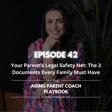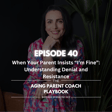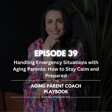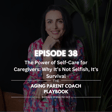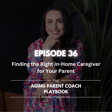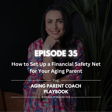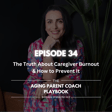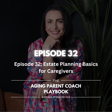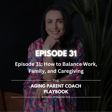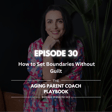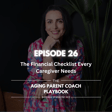
Episode 29: Dementia vs. Normal Aging – What You Need to Know
As our parents age, it’s natural to notice changes in their memory or behavior—but how do we distinguish between what’s typical and what may be cause for concern?
In this episode, I explore one of the most common—and emotionally charged—questions I hear from adult children: “Is this dementia, or just normal aging?”
Drawing from my experience as a psychiatrist and aging parent coach, I’ll help you recognize early warning signs of cognitive decline, understand when to seek medical support, and take the first steps toward thoughtful legal and financial planning.
You don’t have to navigate this alone. By the end of the episode, you’ll be better equipped to move forward with clarity, care, and confidence.
🎧 Plus, I’ve created a free Symptom Tracker & Doctor’s Prep Guide to support you on this journey. Download it at www.theagingparentcoach.com
